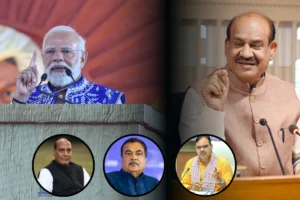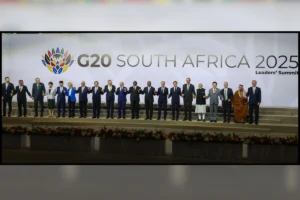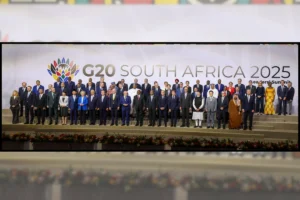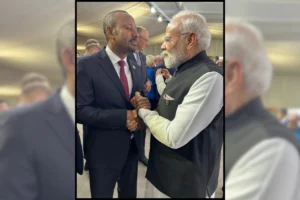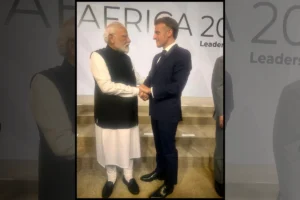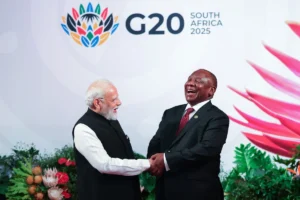
In a strategic move that has sent ripples across political landscapes, Prime Minister Narendra Modi recently announced that former Prime Ministers P V Narasimha Rao and Chaudhary Charan Singh, along with the pioneer of the Green Revolution Dr. M S Swaminathan, would be conferred with the Bharat Ratna, India’s highest civilian honor.
This move is being widely regarded as a masterstroke, particularly in the context of the upcoming Lok Sabha elections.
The timing of this announcement, just a few months before the elections, suggests a well-thought-out political strategy. By honoring Chaudhary Charan Singh, a towering figure in Jat politics, the BJP aims to strengthen its position in Uttar Pradesh, where the Jat community has been a significant supporter since 2014. This move is especially crucial in Haryana, where the community’s allegiance to the BJP has shown signs of strain. The connection with Chaudhary Charan Singh is further emphasized by the fact that his grandson, Jayant Chaudhary, leads the Rashtriya Lok Dal (RLD), a party that has now aligned with the BJP for the upcoming elections.
The political significance of conferring the Bharat Ratna on P V Narasimha Rao cannot be overstated. Rao, who served as Prime Minister from 1991 to 1996, played a pivotal role in steering the country out of a deep financial crisis and initiating economic reforms. The decision to honor Rao is not just a recognition of his administrative prowess but also sends a clear message regarding the BJP’s stance on leadership that prioritizes national interest over familial ties. This move is seen as a counterpoint to the Congress party’s alleged neglect of Rao due to differences with the Nehru-Gandhi family.
The timing of Rao’s Bharat Ratna, closely following the consecration of the Ram Temple in Ayodhya, adds another layer of significance. Rao has been implicated by some in the Congress for the demolition of the Babri Masjid, with accusations of miscalculations during his tenure as Prime Minister. By honoring him now, the BJP strategically reinforces its narrative on the temple issue, subtly challenging the Congress’s stand on historical events.
This move is part of a series of carefully chosen recipients for the Bharat Ratna and other awards by the Modi government. L K Advani, a senior BJP leader and instrumental in the Ram Janmabhoomi movement, was honored earlier, reflecting the government’s acknowledgment of his role in making the Ram Temple a reality. This move aligns with the BJP’s narrative on the temple issue, crucial in the run-up to elections.
The Bharat Ratna for Karpoori Thakur, a pioneer in OBC reservations and former Bihar Chief Minister, is another strategic choice. It signals the BJP’s empathy and concern for backward castes, particularly in Bihar and Uttar Pradesh, where the BJP has been actively wooing these communities. This move came at a time when the Opposition was attempting to build its demand for a caste census as a counter-narrative.
Throughout its two terms, the Modi government has demonstrated astuteness in choosing Bharat Ratna recipients. From Pandit Madan Mohan Malviya and Atal Bihari Vajpayee to Pranab Mukherjee, Bhupen Hazarika, and Nanaji Deshmukh, each choice has conveyed a political message. These honors go beyond recognizing individual achievements; they serve as powerful tools for political messaging, shaping narratives that resonate with the BJP’s ideological vision.
In conclusion, the conferment of Bharat Ratna on P V Narasimha Rao and Chaudhary Charan Singh underscores Prime Minister Narendra Modi’s strategic brilliance. The move strategically aligns with the BJP’s political objectives, creating a narrative that resonates with diverse voter bases and reinforces the party’s commitment to national interest and inclusive governance. As the political landscape evolves, these carefully chosen honors will undoubtedly play a crucial role in shaping public perception and influencing electoral outcomes.










